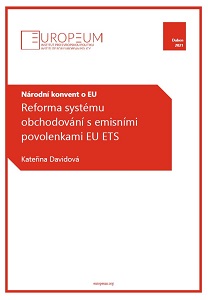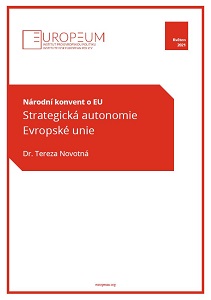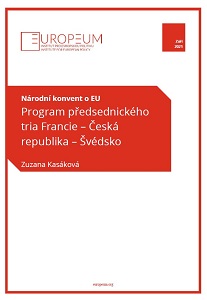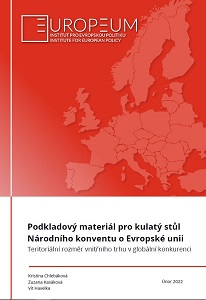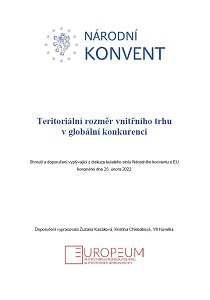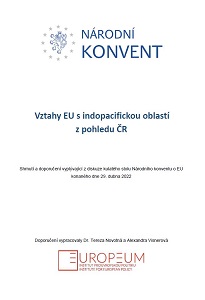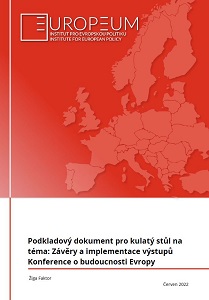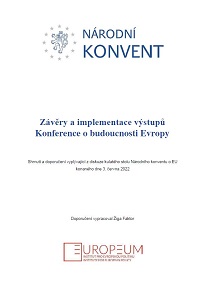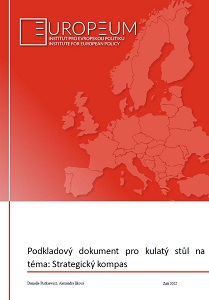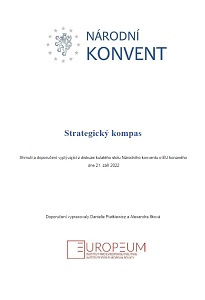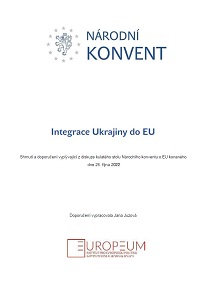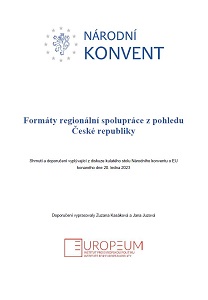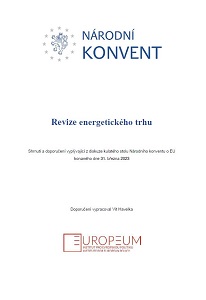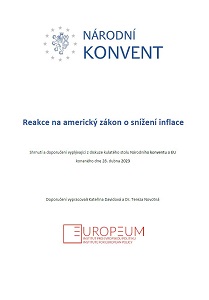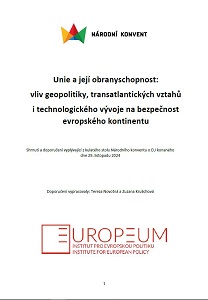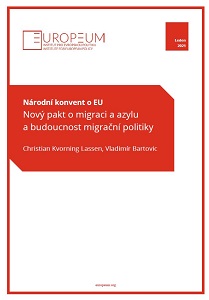
Nový pakt o migraci a azylu a budoucnost migrační politiky
The New Pact on Migration and Asylum represents a paradigm shift in the EU's external and internal approach to migration. The proposal recognises the need to restore trust in the asylum and migration system while stimulating fair responsibility-sharing and solidarity, while externally focusing on a stronger focus on protecting the EU's external borders and a more effective return policy. Home Affairs Commissioner Ylva Johansson preemptively stated that no one would be satisfied with the New Pact on Migration and Asylum, but that "failure is simply not an option". She also stressed that migration is necessary and has always been and will always be part of Europe's heritage. Despite this softening of expectations, the initiative was generally welcomed by Member States. However, fundamental differences persist between Member States in their perceptions of migration and its management, in particular in the area of a fair balance between solidarity and responsibility. However, inaction would allow a repeat of the migration crisis, which would be unsustainable from both a humanitarian and political perspective. The new pact essentially seeks to reconcile the duty to protect with security concerns alongside humanitarian principles, without losing the domestic political capital of EU member state leaders, dilemmas that threatened EU cohesion during the migration crisis.
More...

